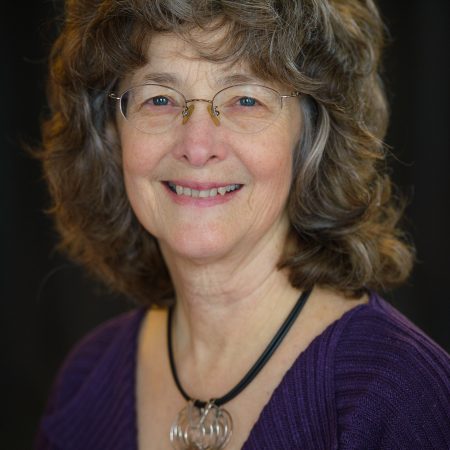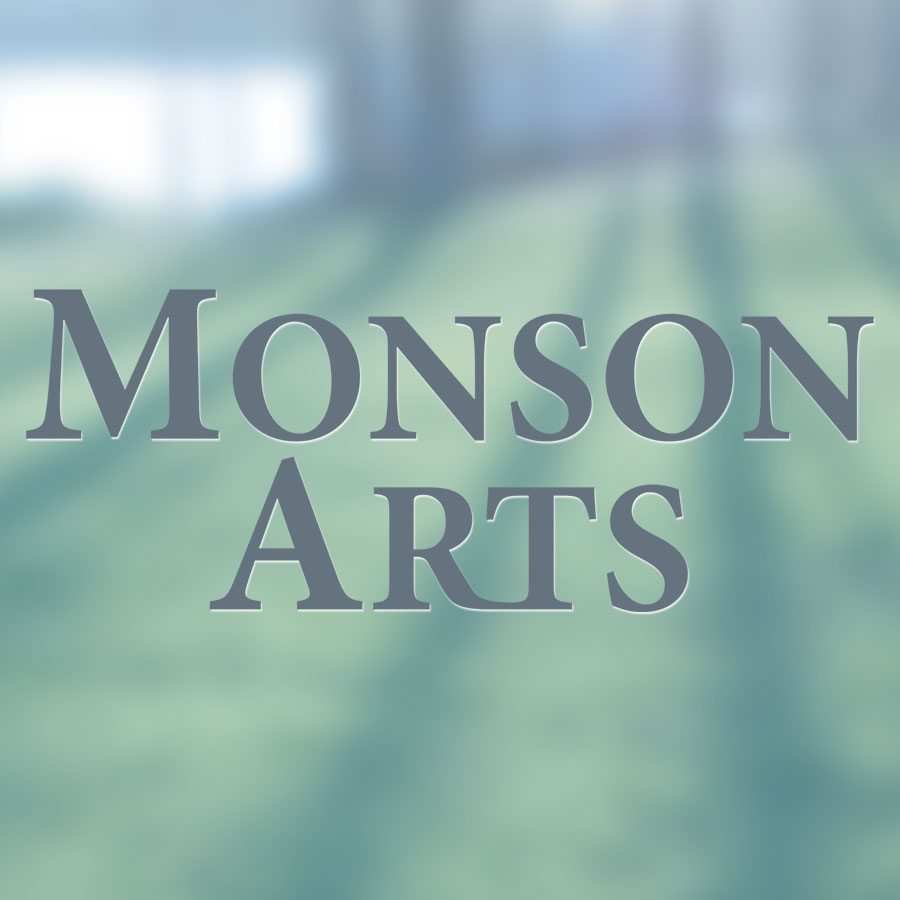
For five decades, Peggy Yocom has been listening to the stories of people who live in the mountains of western Maine. In academia, she founded the Folklore Studies Program of George Mason University where she taught for 36 years and twice received the University Excellence in Teaching Award and the Kenneth Goldstein Award for Lifetime Academic Leadership. She has conducted fieldwork in her home Pennsylvania German culture as well as with the Inuit of northwestern Alaska and several Northern Virginia communities. Additionally, She has published articles and photographs on ethnographic fieldwork, regional study, ethnopoetics, family folklore, gender, and material culture as well as books, recently including ALL KINDS OF FUR: Erasure Poems & New Translation of a Tale from the Brothers. Peggy will be leading the week-long Living Words, Folklore and Creative Writing starting on July 23rd. Monson Arts recently asked Peggy a few questions on discovering ones past through stories and where she continues to find inspiration in her exploration of “folklore.”
Monson Arts: You led workshops at Monson Arts last year for the Monson Memories project, helping the community find stories that connect them to the land and people through personal experiences and family lore. How important do you think it is for all individuals to discover their past and create documentation through creative self-exploration using language and words? And how does folklore differentiate itself from other types of writing?
Peggy Yocom: Badger, in Barry Lopez’s story Crow and Weasel, speaks a great truth: “The stories people tell have a way of taking care of them. If stories come to you, care for them. And learn to give them away where they are needed. Sometimes a person needs a story more than food to stay alive.”
When we discover our own stories—and, our traditional foods, our celebrations, our treasured keepsakes, and more, we come home to ourselves. We ground ourselves in our friends, family, and communities that give us strength to step into our futures. Exploring folklore—our traditions—gives us roots and wings.
Such exploration is also vital for peace and social justice: if we know who we are and where we come from, we’ll be more comfortable with who we truly are. We’ll have less need to take on identities that rightly belong to others—and, here, I’m thinking especially of the pain that Native Americans suffer when they see European Americans claim to be “Indians.” When some of my Caucasian students told me they were “Heinz 57,” I replied: “No, you’re not. In this class, you need to list at least some of your multiple ethnicities.”
Searching for our root cultures is no easy task, and for some people—African Americans, Jewish people whose ancestors lived in the Pale of Settlement, and people who don’t know their birth parents—the search, often cut short by the lack of records, can bring heartache. For some people like me, the search involves finding out that our ancestors enslaved other human beings.
Ultimately, I believe that delving into our cultures—with their everyday creativity and wisdom—lights up our writing.
One aspect of writing that folklore study offers is a pathway for translating oral words into written words on a piece of paper; we call the practice “ethnopoetic notation.” We folklorists (and some anthropologists) want the stories to be alive on the page, to carry, as much as possible, the sounds—emphasis, pauses, etc.—of the storyteller. So, we use poetic lines and more to convey the living, oral nature of story and to honor the storyteller. You can see some of the ethnopoetic notation I’ve used as I put woodsman William Richard’s stories into a folklore article: “Exuberance in Control.”
MA: One key component of your teaching is writing prompts, generative writing exercises designed to challenge and stir memory, play with ideas, and shake out the hidden stories we have inside us. What do you find to be the most inspiring prompts and how, as a teacher, do you use that energy to help students find their voice?
PY: I love to use storytelling prompts: “Tell us about a time when you did something that you were told not to do.” “Tell us about a moment when you had to make a very difficult decision.” I learned about these prompts from stage storytellers such as Donald Davis and Jo Radner.
It’s important to tell the story first, not write it: to hear it flowing out, alive on your own breath; to see the reactions of listeners and hear their comments.
I don’t just hand the same prompt to everyone. I ask people to draw a prompt from a bowl that has multiple prompts written on crumpled pieces of paper. Oftentimes, people feel that the prompt they draw was meant for them, and they tell a story they hadn’t thought of in years. Sometimes, like last year in Monson, it propelled a person to tell a difficult story they’d never told in public.
What storytellers gain is the powerful realization that a story they thought was “just a story,” is, actually, something of great meaning to them—and has provoked strong reactions in their listeners.
MA: To take from the title of the workshop you’re teaching, what “living words” are you finding yourself writing these days? After 40+ years of teaching and writing folklore, among other works and including 36 years at George Mason University where you founded the Folklore Studies Program, where do you continue to find inspiration and stories?
PY: I am so fortunate to have found my true profession: folklore! Ever since my parents gave me the Reader’s Digest Book of American Folklore when I was 12, ever since I took my first folklore course as an undergrad at Penn State, folklore has inspired me and given me my research and writing life. Folklore is the most interdisciplinary subject I know, and it leads itself, naturally, to the cross-fertilization of poetry, essay-writing, storytelling, and academic writing.
A member of Maine Writers and Publishers Alliance, I just took a wonderful workshop on epistolary poetry with Dawn Potter where we wrote poems that take the shape of letters to another person. And, I’m part of a group of poets who share and comment on each other’s poems. Also, I belong to a group of poetry-lovers at the New Vineyard Library who read favorite poems to each other several times a year; this grew out of a Poetry Express program I led there.
Opportunities seem to bubble up when I mention “folklore.” At a dinner with the Board of Western Maine Audubon, I mentioned the research I was doing on the folklore of several Maine birds who are associated with the devil, and the president asked me to write a short essay on a bird of my choice. So, I wrote about one of the supernatural stories that features the gorbey, the Canada Jay—that denizen of woodsmen’s work sites.
My main project, though, the one closest to my heart, features the stories that French Acadian American woodsman William Richard told me about the supernaturally strong French Acadian logger Henri Mayeux who worked around Bemis, Oquossoc, and Rangeley in the early 1900s. Right now, I’m researching background details of a story that’s set at the Rangeley station of the narrow gauge Phillips & Rangeley Railroad. In the story, the railroad officials refuse to let Henri board the train to Phillips because he has no money; so, Henri lifts a 500-pound handcar off the tracks and refuses to put it back until he’s given a ride. Why, I ask myself, does it matter if Henri takes a handcar off the rails? Why else might the station agent not want the likes of Henri on the train? After days of pouring over Maine Railroad Commission reports, reading old newspapers, finding sales catalogs for 1900s handcars, I found my answers. And then, deep in one of the reports, was the word “smallpox!” Ah, it’s such fun when one idea leads to another! So, I learn that woodsmen in the Maine logging camps, especially French loggers, were being vaccinated for smallpox.
It’s way too easy to go down a research rabbit hole and gather much more information than the book can hold, but the stories that can’t go in the book may find their way into poems, essays, and stories worth the telling.
There is still space in Peggy’s class, Living Words, Folklore and Creative Writing that runs from July 23rd through July 29th at Monson Arts. Further details and sign-up are available HERE.

 Time and space to create.
Monson Arts is a new artists’ residency and arts center in Monson, Maine. Programs include residencies for artists and writers, intensive shorter workshops, and educational partnerships with area secondary schools.
Time and space to create.
Monson Arts is a new artists’ residency and arts center in Monson, Maine. Programs include residencies for artists and writers, intensive shorter workshops, and educational partnerships with area secondary schools.